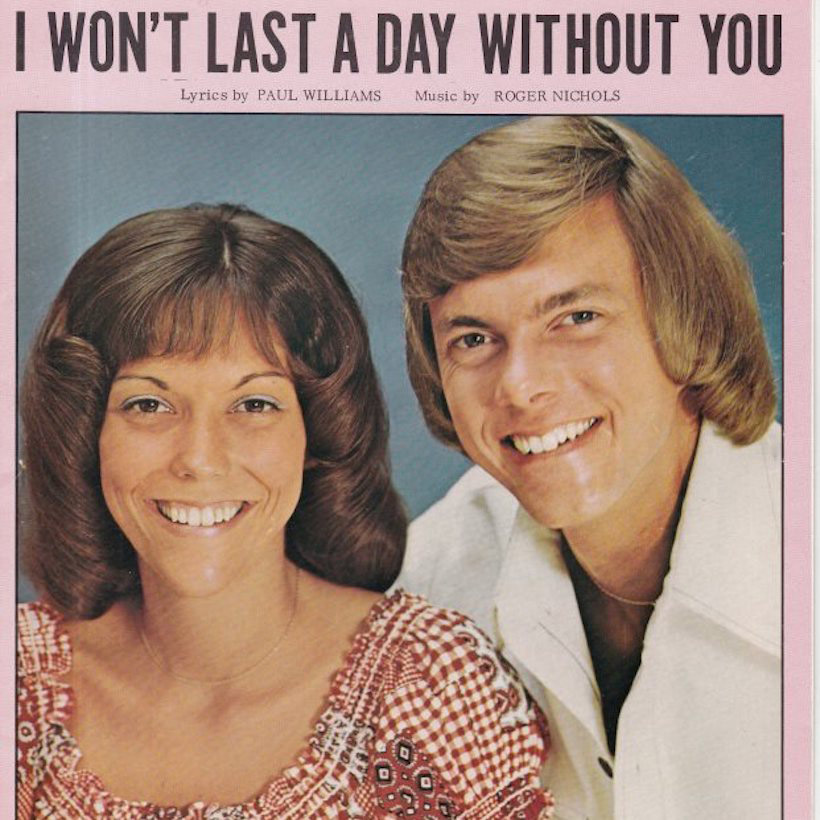
About the Song
Some songs feel like a soft embrace—gentle, reassuring, and timeless. That’s the essence of “I Won’t Last a Day Without You” by the Carpenters, a song that captures the kind of love we all long for: one that grounds us, comforts us, and carries us through the roughest days. Released in 1974 and written by the brilliant duo Paul Williams and Roger Nichols, the track stands as one of the Carpenters’ most intimate and emotionally transparent ballads—a reflection not of grand declarations, but of the simple, quiet need for connection.
From the opening piano chords, there’s a sense of calm, almost like walking into a familiar room where everything is just as you left it. And then comes Karen Carpenter’s voice—low, velvety, and full of restrained emotion. Few singers in history could convey tenderness and longing the way Karen did. She doesn’t overstate the lyric; she simply lives it. When she sings, “When there’s no getting over that rainbow…” it’s not just a metaphor—it’s a sigh from the soul.
The song speaks not only of love, but of dependence in the most human sense—that quiet truth we all carry but rarely say aloud: sometimes, we just need someone to be there. Not to fix anything, not to save us, but simply to stand beside us. And that’s what makes this song so deeply moving. It doesn’t glamorize love—it honors its emotional weight.
Richard Carpenter’s arrangement is tastefully restrained—delicate piano, soft strings, and harmonies that never overwhelm. Everything about the production respects the song’s mood, allowing Karen’s voice and the sentiment to float to the surface with grace.
Over the years, “I Won’t Last a Day Without You” has become more than just a love song. For many, it’s been a source of solace during loss, a reminder of enduring companionship, or a reflection of the person they quietly lean on through life’s challenges. And that’s the genius of the Carpenters—they gave us music that wasn’t loud, but it was true.
In a world that often moves too fast and speaks too loudly, this song invites us to slow down, to feel deeply, and to remember that the smallest words, sung with sincerity, can carry the greatest weight.